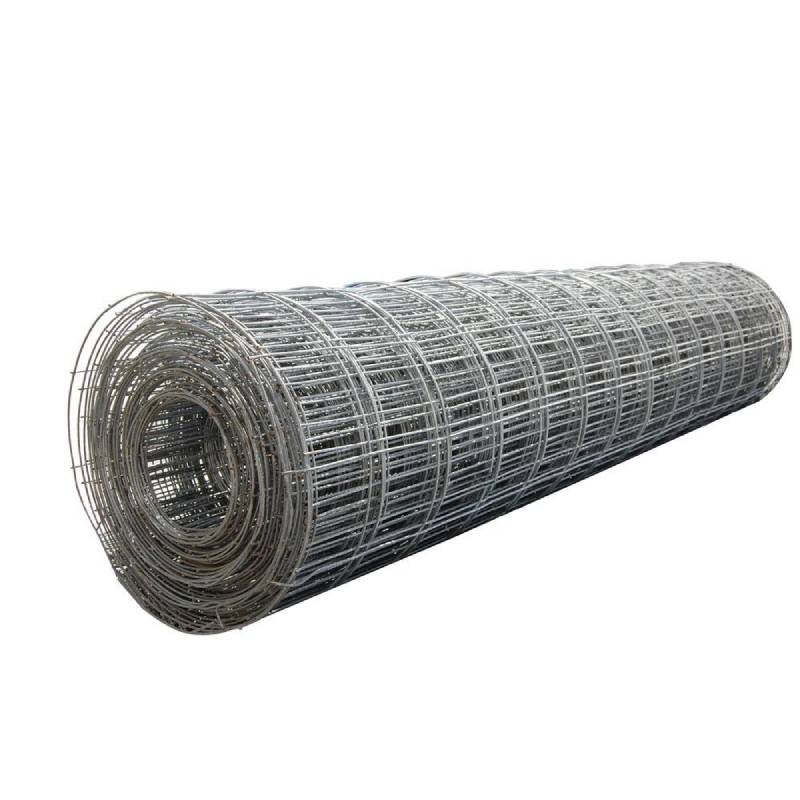
- Mobile Phone
- +8613931874955
- sales@cntcmetal.com
wholesale chicken wire fencing
Exploring Wholesale Chicken Wire Fencing A Comprehensive Guide
When raising chickens, ensuring their safety and comfort is a top priority for poultry enthusiasts and farmers alike. One of the best solutions for creating a secure and functional environment for your flock is using chicken wire fencing. This versatile and cost-effective material is widely used in poultry farming, gardening, and various outdoor applications. In this article, we will explore the benefits of wholesale chicken wire fencing, its types, and tips for choosing the right option for your needs.
What is Chicken Wire Fencing?
Chicken wire, also known as hexagonal wire mesh or poultry netting, is a strong and flexible wire fencing commonly used to contain chickens and other small animals. Its design consists of thin, hexagonal openings that deter larger predators while ensuring that the animals within can still see their surroundings and access fresh air. Chicken wire comes in various gauges and heights, allowing users to find an appropriate solution for different environments.
Benefits of Wholesale Chicken Wire Fencing
1. Affordability Purchasing chicken wire in bulk significantly reduces the cost per foot. This is particularly beneficial for large-scale poultry operations or individuals with extensive gardens. Wholesale prices also enable farmers to allocate their budgets more effectively, ensuring they can invest in other crucial aspects of their farming operations.
2. Durability Quality chicken wire is made from galvanized steel, which ensures it can withstand the elements and resist rust. When purchased wholesale, you can access materials with higher longevity, ensuring that your fencing remains intact season after season.
3. Versatility Chicken wire fencing is not only suitable for poultry. It can also be used for enclosing gardens, creating compost bins, and protecting young plants from pests. Its flexibility allows for creative use in various landscaping and gardening projects.
4. Easy Installation Chicken wire is lightweight and easy to handle, making installation a simple task for anyone. This accessibility ensures that even newcomers to poultry farming can set up their fencing swiftly and efficiently.
wholesale chicken wire fencing

Choosing the Right Chicken Wire Fencing
When selecting chicken wire fencing, consider the following factors
1. Gauge The gauge refers to the wire thickness; lower gauge numbers indicate thicker wire. For poultry applications, a 19-gauge wire is typically sufficient, while heavier gauges are recommended for areas prone to larger predators.
2. Height Standard heights range from 3 to 6 feet, depending on the type of birds you’re raising. Taller fences may be necessary to prevent larger animals, such as raccoons or foxes, from reaching your birds.
3. Mesh Size The size of the hexagonal openings is crucial. Smaller openings prevent chicks from slipping through and protect against smaller predators while still allowing airflow.
4. Support Structure Ensure you have proper posts and supports to maintain the integrity of your fencing. Using wooden posts or metal T-posts can provide the stability needed to withstand winds and potential impacts.
Conclusion
Wholesale chicken wire fencing is an indispensable resource for poultry farmers and backyard chicken enthusiasts. Its cost-effectiveness, durability, and versatility make it an ideal choice for cultivating a safe and secure environment for your feathered friends. By carefully choosing the right type of chicken wire fencing to suit your specific needs, you can ensure your chickens thrive in a protected space for years to come.
share:
-
Why Sacrificial Formwork Is Redefining Underground ConstructionNewsJun.06,2025
-
The Structural Dynamics of Modern Concrete: How Snake Spacers Revolutionize Flexible ReinforcementNewsJun.06,2025
-
Snake Spacers Smart-Lock Concrete Reinforcement with Surgical PrecisionNewsJun.06,2025
-
Snake Spacers: Reinforcement Precision for Modern Concrete ProjectsNewsJun.06,2025
-
Snake Spacers Powering Concrete's Structural DNANewsJun.06,2025
-
Slither into Success: Snake Spacers' Precision Bite for Unbreakable ReinforcementNewsJun.06,2025
-
Sacrificial Formwork: Building Stronger, Faster, and Safer StructuresNewsJun.06,2025



















